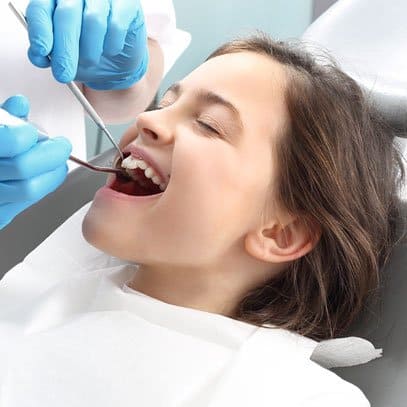When it comes to emergency dentistry, there can be differing opinions on what constitutes a dental emergency. Different people have different ways of dealing with pain and discomfort, so while one patient may put up with pain for days before calling to the dentist, another may seek emergency dentistry for a minor issue.
Dental emergencies can be very serious, even life-threatening. It’s important to be aware of what constitutes a dental emergency, especially if you have recently had dental work done, or have other health conditions that put you at risk. Here are some situations that would definitely require emergency dentistry:
- Knocked-out tooth: Having a tooth knocked out requires urgent dental attention. If you can save the tooth right after it has been knocked out, and bring it to the dentist immediately, they may be able to reinsert and attach the tooth. The sooner you get the dentist, the better chance there is of the tooth being restored.
- Fractures or Cracks: If you break, fracture, or crack a tooth, you will require immediate dental care. A broken tooth often means that there is damage on the inside of the tooth as well, which could result in tooth loss. Your dentist will have to take x-rays in order to determine the extent of the damage. As with a knocked-out tooth, the quicker you can get to the dentist, the better chance you have of saving the tooth. While chipped teeth should be looked at by a dentist, they do not constitute an emergency and you can just make a regular appointment as soon as possible.
- Soft Tissue Injury: Injuries to the mouth, tongue, and gums tend to bleed a lot and should be looked at by a dentist as soon as possible. If you experience any tissue injury or accompanying facial pain, then it’s a dental emergency!
- Abscess or Infection: An abscess or infection can be potentially life-threatening. If you are experiencing severe pain in the mouth, you should see a dentist immediately to have the tooth examined and treatment determined.
Basically, if you are experiencing severe pain, bleeding, or have been hit in the mouth, you should have emergency dentistry. If you, or someone with you, can, call your dentist on the way to their office and explain to them in detail what your emergency is so that they can prepare for you.
Avoid dental emergencies by visiting your dentist regularly for checkups and cleanings, and wearing a mouthguard during sports and any other activities.
